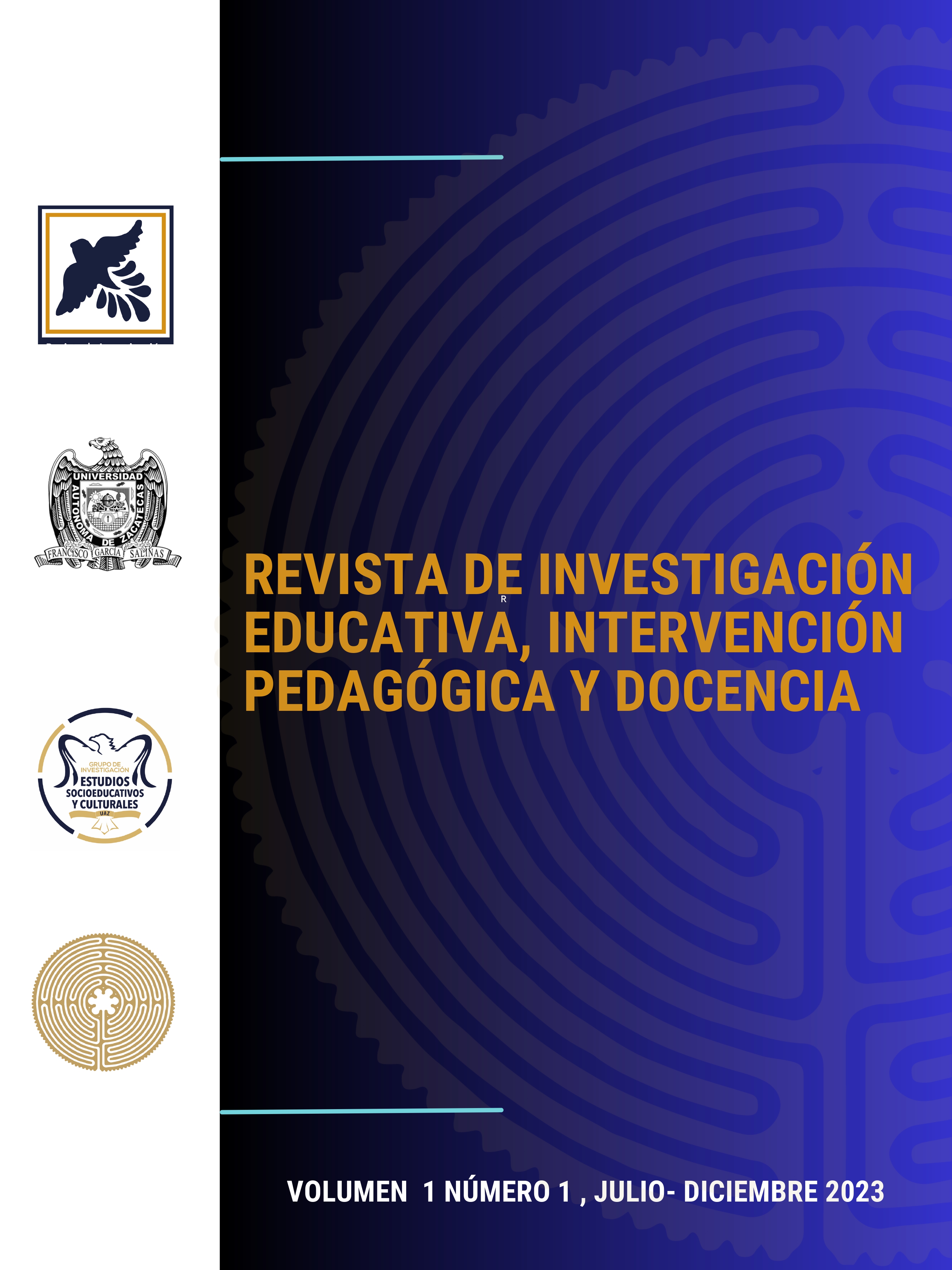Nutrition education at school: pedagogy for healthy living. Case: rural primary school in Zacatecas municipality
Published 2023-06-30
Keywords
- educación nutricional,
- escuela promotora de salud,
- pedagogía para la vida saludable
Copyright (c) 2023 Revista de Investigación Educativa, Intervención Pedagógica y Docencia

This work is licensed under a Creative Commons Attribution-NonCommercial-ShareAlike 4.0 International License.
How to Cite
Abstract
The optimal state of health is correlated with the eating habits and nutritional education that a person possesses. The school, as a physical and psychosocial space, is part of the environments in which it is possible to modify the students´ eating behaviors that is, to promote a pedagogy for healthy living. In Mexico, public policy to ensure food security has taken several aspects, including providing food service at school and health education. The first is carried out through the Full-Time School Program, and the second through specific actions carried out by nutrition professionals, such as the nutritional diagnosis of students and the preparation of menus according to the target group specific needs and local gastronomic traditions. In the case of the primary school of Laguna Grande de Monte Escobedo, Zacatecas, it was noted that 46% of the student body is overweight, obese, or malnourished, despite the fact that this municipality and rural community stand out as recipients of remittances. The change in eating habits needs to be accompanied by teaching content that conceptualizes and problematizes the relevance and impact of malnutrition due to excess or deficit. In this sense, the teaching community, health professionals, families, and the community are significant agents in the construction of the school as a healthy environment.


